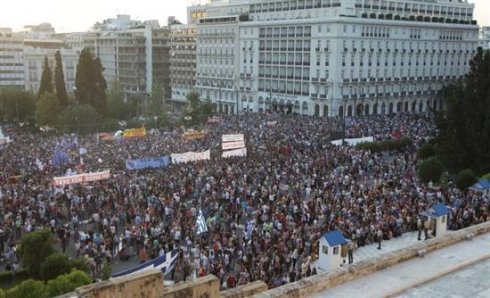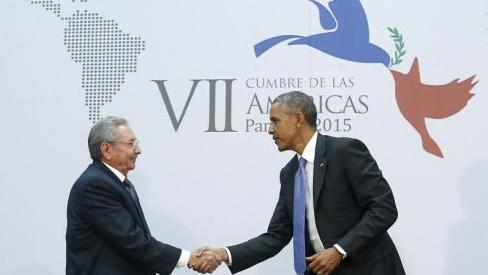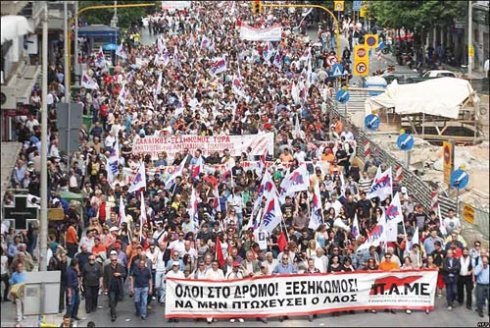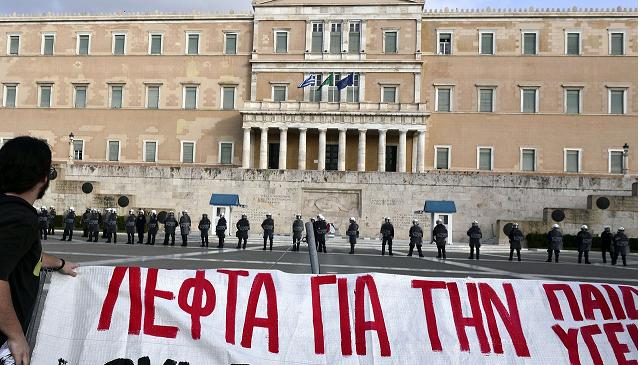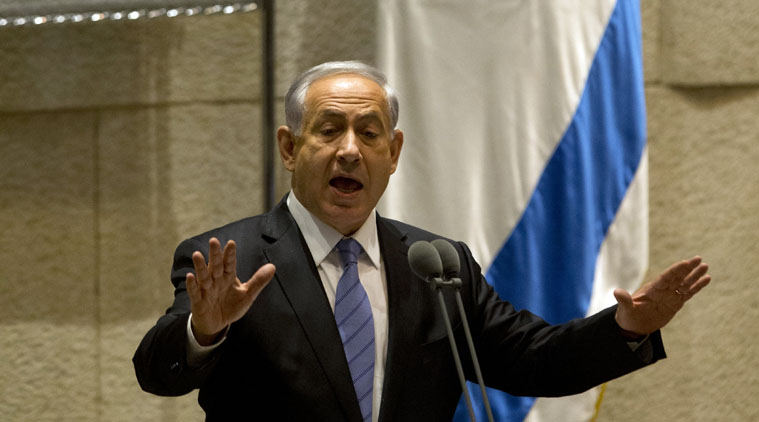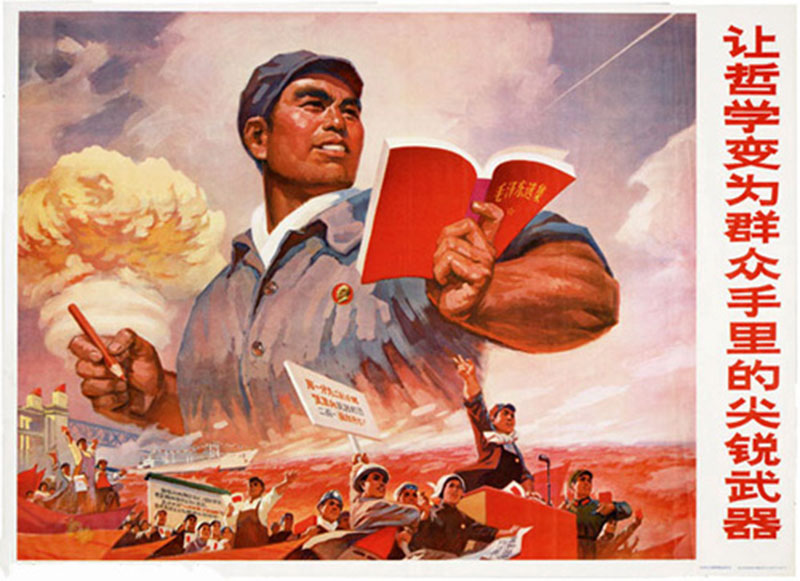Middle East
Afghanistan: Obama’s war in crisis
25/06/2010
One year after his appointment to the command of the US and NATO troops in Afghanistan, General McChrystal was fired by President Obama and replaced by General David Petraeus, current Commander of the US Central Command.
The removal of McChrystal, which occurred after the publication of a long article in Rolling Stone magazine, with explosive and offensive statements by McChrystal and his closest coworkers in the command of operations in Afghanistan, against practically the entire national security team, Vice President Joe Biden, National Security Advisor James Jones (described as a "clown)," Ambassador Karl Eikenberry, Special Representative Richard Holbrooke, and even Obama himself.
Although the article does not express strategic differences, what is clear is that for the military, this is an unwinnable war, and that "the only way to win in Afghanistan is to redefine failure as victory" (Washington Post, June 23).
The importance of the event led local media to compare the situation to the removal of General MacArthur, when he announced his differences with President Truman during the Korean War, sixty years ago.
The shocking tone of the statements precipitated McChrystal’s fall and exposed the profound crisis the military occupation of Afghanistan is going through; Afghanistan has turned into the longest war in US history, longer even than the war in Vietnam.
An unsuccessful strategy
The discussions that preceded the new strategy for Afghanistan exposed the profound differences between the White House and the Pentagon, under the command of Robert Gates, over the conduct of the war.
In December 2009, Obama adopted McChrystal’s "counterinsurgency" strategy: he ordered the sending of 30,000 additional soldiers (bringing the number of US soldiers in Afghanistan to more than 100,000, in addition to some 50,000 from other NATO countries and mercenaries) and gave his backing to the government of Karzai — who had already lost Washington’s favor — which emerged from a scandalous electoral fraud. In exchange, he promised the military command a review of this strategy in December 2010 and beginning the withdrawal of troops in July 2011.
In addition, Obama’s and McChrystal’s strategy provided for a qualitative involvement of Pakistan to fight the Taliban in the border region, and a political plan of strengthening the corrupt government of Karzai, with whom McChrystal had built excellent relations, to the extent of nominating members of his cabinet and removing the Taliban from the provinces of the south and establishing governments that are puppets of the occupation forces.
The reconquest of the city of Marja in Helmand Province, that was supposedly going to be the first battle of this new experiment, ended in a disaster, such that McChrystal described it as a "bleeding ulcer" for the war. This small city of scarcely 35,000 inhabitants, was invaded in the middle of February by 15,000 soldiers of ISAF. But, in spite of that supersaturation and combat that lasted for months, it was impossible for the occupation troops to impose a government of their own and prevent the return of the Taliban.
The high number of casualties — 34 among NATO and US troops — in just the first days of June, led to postponing the attempt to capture Kandahar, in the hands of the Taliban, at least until September.
On the political level, in spite of the fact that the Obama administration agreed to support Karzai’s government, Karzai does not trust the United States to be able to win the war and has decided to continue his policy of negotiation with the Taliban. Karzai’s last defiant gesture was the dismissal of the two most openly pro-American ministers in the area of defense, who had come to the cabinet at McChrystal’s suggestion.
The Pentagon tried to conceal so much bad news by announcing the discovery of mineral deposits with a value of "one billion dollars," seeking an economic and strategic justification for the war. However, the "news" is arriving with some delay, bearing in mind the investments by Russia, India and mainly China in the Afghan mining industry, which is why they keep good relations with Karzai’s government.
Resistance
The crisis in the imperialist occupation of Afghanistan shows that what the NATO troops must confront are not deranged terrorists, but a widespread national resistance against occupation troops, in spite of the completely reactionary character of the Taliban.
In the United States, Obama’s war is becoming increasingly unpopular. According to a Washington Post opinion poll, opposition to the war has already reached a majority of 53% of the US population, which, while suffering an historic rate of unemployment, sees that Obama’s administration will spend almost a billion dollars to pursue its imperialist aims.
Just like in Vietnam, Obama’s "good war" is turning into a nightmare for US imperialism.
